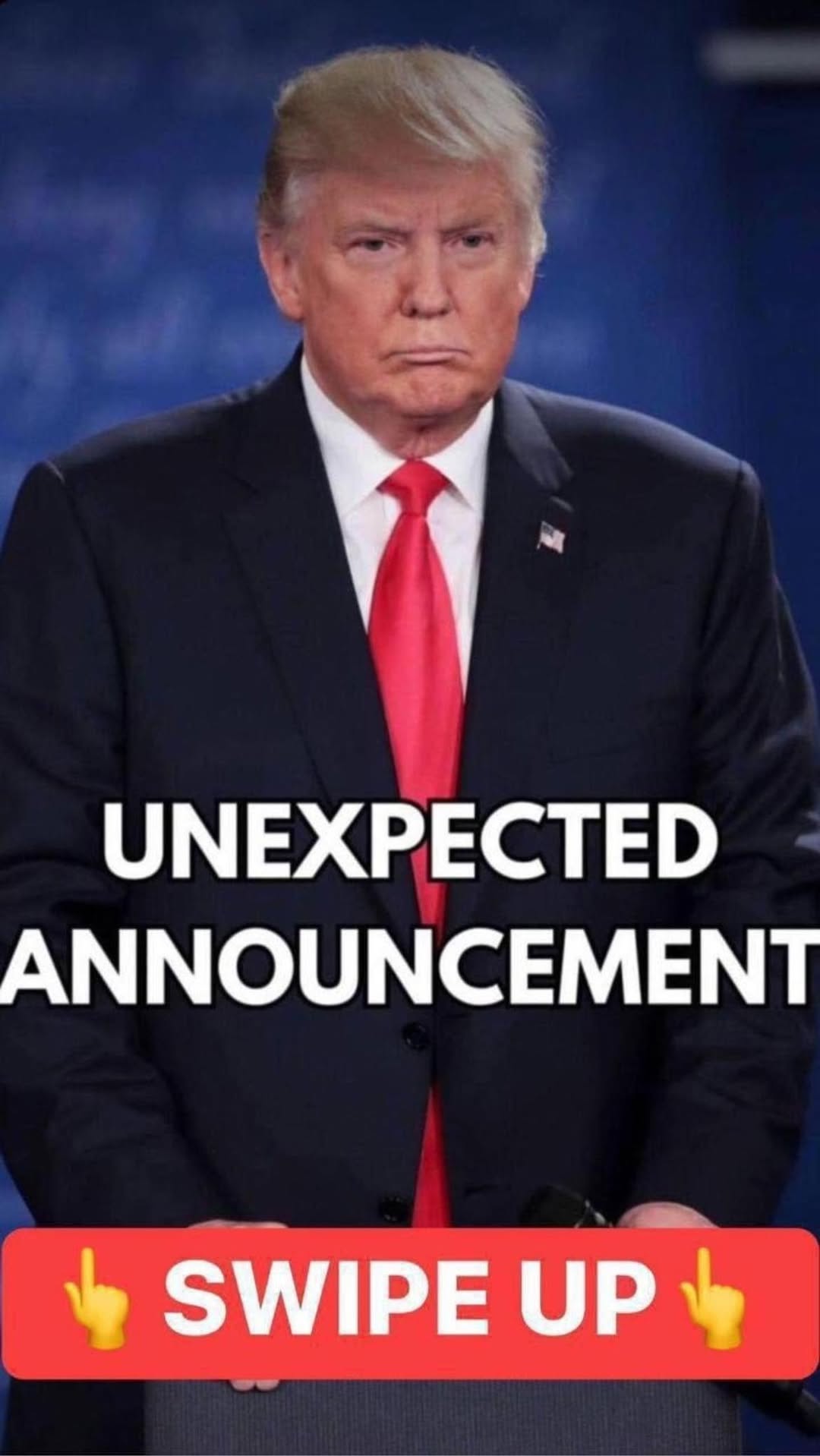
White House Defends Trump After “Quiet, Piggy” Remark Sparks Outrage
The White House has issued a formal response after President Donald Trump unleashed a remark toward Bloomberg reporter Catherine Lucey that ignited fierce backlash across the media landscape. The incident occurred aboard Air Force One on November 14, when Lucey asked Trump about the growing Jeffrey Epstein scandal and why he appeared uneasy if “there’s nothing incriminating in the files.” Trump abruptly pointed at her and said: “Quiet! Quiet, piggy!”
Journalists Condemn the Remark
The insult quickly drew sharp criticism from journalists nationwide. CNN’s Jake Tapper called the comment “disgusting and completely unacceptable,” while former Fox anchor Gretchen Carlson labeled it “degrading.” Bloomberg defended its correspondent, stating that its reporters “perform a vital public service” and will continue to ask necessary questions “without fear or favor.”
A Pattern of Past Insults
The episode revived several past accusations involving similar language. Trump has previously referred to women as “pigs,” including former Miss Universe Alicia Machado, New York Times columnist Gail Collins, and Rosie O’Donnell. Critics argue the pattern reflects a longstanding issue in the president’s treatment of female reporters and public figures.
White House Pushes Back
On November 18, a White House official defended Trump, claiming the reporter’s behavior was “unprofessional” and adding, “If you’re going to give it, you have to be able to take it.” Press Secretary Karoline Leavitt later echoed this sentiment, describing Trump as “frank and honest,” and insisting that his directness is one reason supporters stand by him.
Another Heated Exchange Follows
The controversy deepened days later during an Oval Office press conference with Saudi Crown Prince Mohammed bin Salman. ABC reporter Mary Bruce questioned Trump about Epstein, prompting another angry tirade. Trump accused ABC of spreading falsehoods, saying, “Your news is so fake… your license should be taken away.”
Amid rising tensions, analysts warn that these confrontations underscore a widening rift between the press and the presidency — one where every exchange becomes a national flashpoint.




